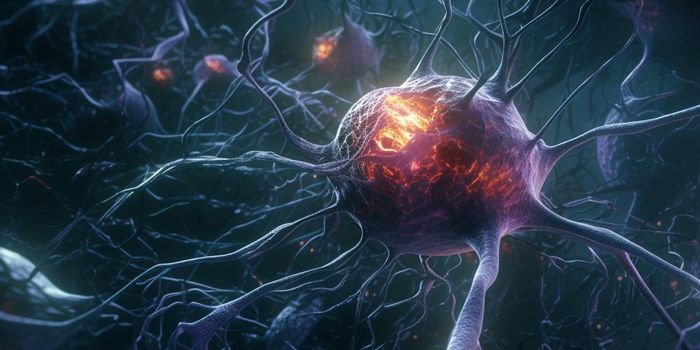Urine analysis is better at detecting bladder cancer than urine cytology
In a study published recently in the American Association for Cancer Research journal Clinical Cancer Research, scientists from China suggest that a new type of urine analysis is better at detecting urothelial carcinoma than urine cytology.
"Urine cytology, which is widely used to screen for bladder cancer, has high specificity but lacks sensitivity, especially for low-grade cancers," said study author Chuan-Liang Xu, MD, PhD, who is a urologist at Changhai Hospital in Shanghai. "Cystoscopy, while more accurate than cytology, is an invasive procedure with added costs and potential complications for the patient," he added. "Therefore, an inexpensive, non-invasive test for the detection and monitoring of bladder cancer is an unmet clinical need."
Xu and study co-author Jia-Tao Ji, MD, PhD, a urologist at Shanghai Hudong Hospital, decided to try to address that unmet need by designing a way to detect DNA copy number variants (CNVs) in urine. CNVs are a type of structural variation in DNA occurring from a duplication or deletion event that affects a considerable number of base pairs. CNVs are present in many cancers.
"The DNA isolated from urine exfoliated cells, a complex cell mixture that potentially includes tumor cells shed from the lining of the bladder, can provide clues to the presence of bladder cancer," said Ji. "Because CNVs are a hallmark of many cancers, we developed an assay to detect CNV burden in the DNA from urine exfoliated cells."
The assay the team created is called UroCAD. UroCAD uses a cost-effective low-coverage whole-genome sequencing to analyze a urine sample in order to detect the presence of CNV. In their trials, the researchers used UroCAD on 190 patients (126 with urothelial carcinoma, 64 without cancer) participated and no significant CNV burden in participants without cancer. They later determined that UroCAD was capable of detecting urothelial carcinoma with a sensitivity and specificity of 82.5% and 96.9%, respectively.
In comparison to the conventional bladder cancer detection method of urine cytology, UroCAD had significantly higher sensitivity (80.4% vs 33.9%) and comparable specificity (94.9% vs 100%) for the detection of urothelial carcinoma. The team also showed that for seven patients whose low-grade tumors were only in the epithelial layer of the bladder, UroCAD had a sensitivity of 71.4%, while urine cytology had a sensitivity of 0%.
"Ultimately, we believe that our assay could help to reduce the frequency of cystoscopy examination, but not to replace it" says Xu. "For patients with hematuria or who have suspected urothelial carcinoma, UroCAD is a promising way to replace cytology and to reduce repeated cystoscopy examinations," Ji added, saying that they are currently conducting clinical trials to determine the sensitivity of UroCAD for the surveillance of urothelial carcinoma.
Sources: Clinical Cancer Research, Eureka Alert









